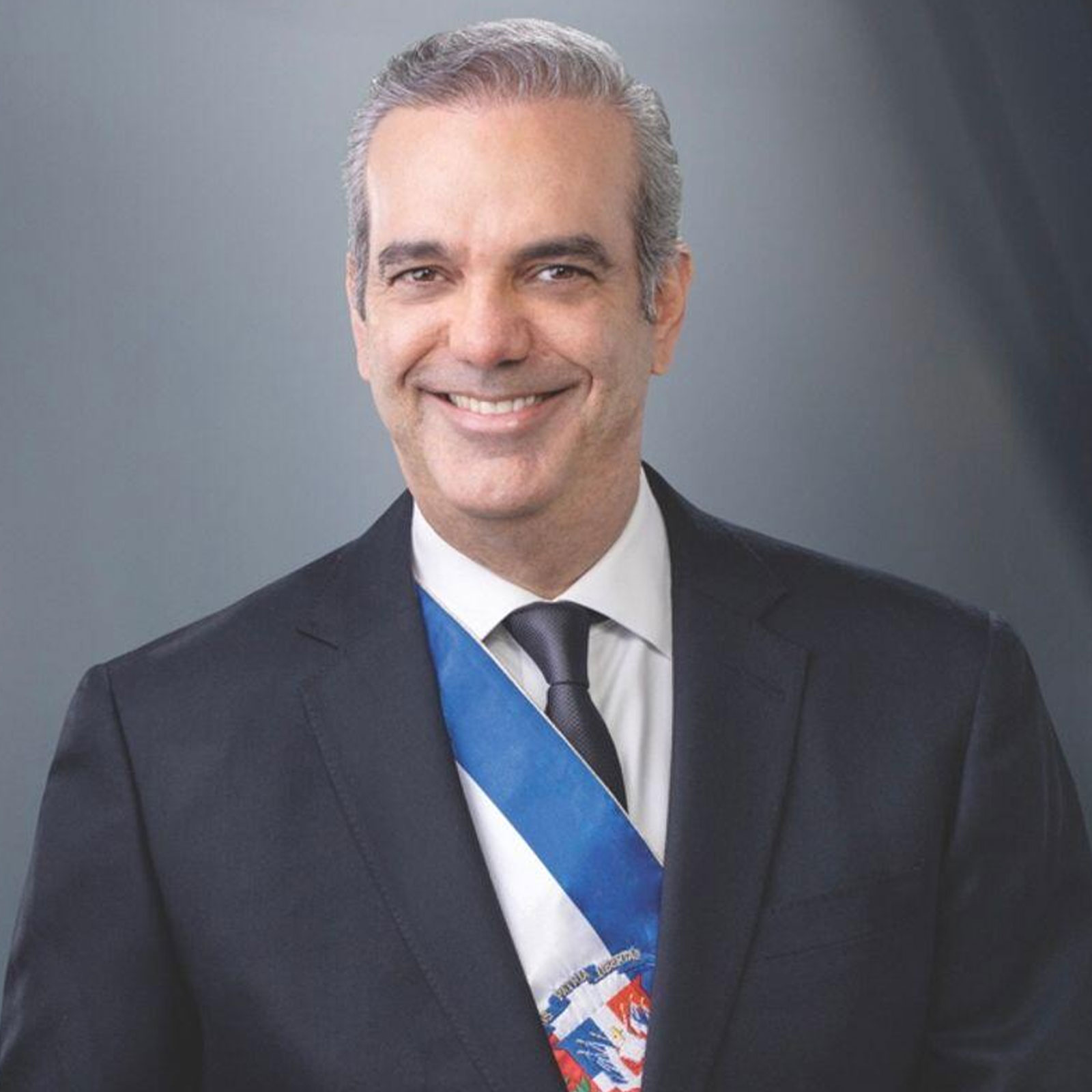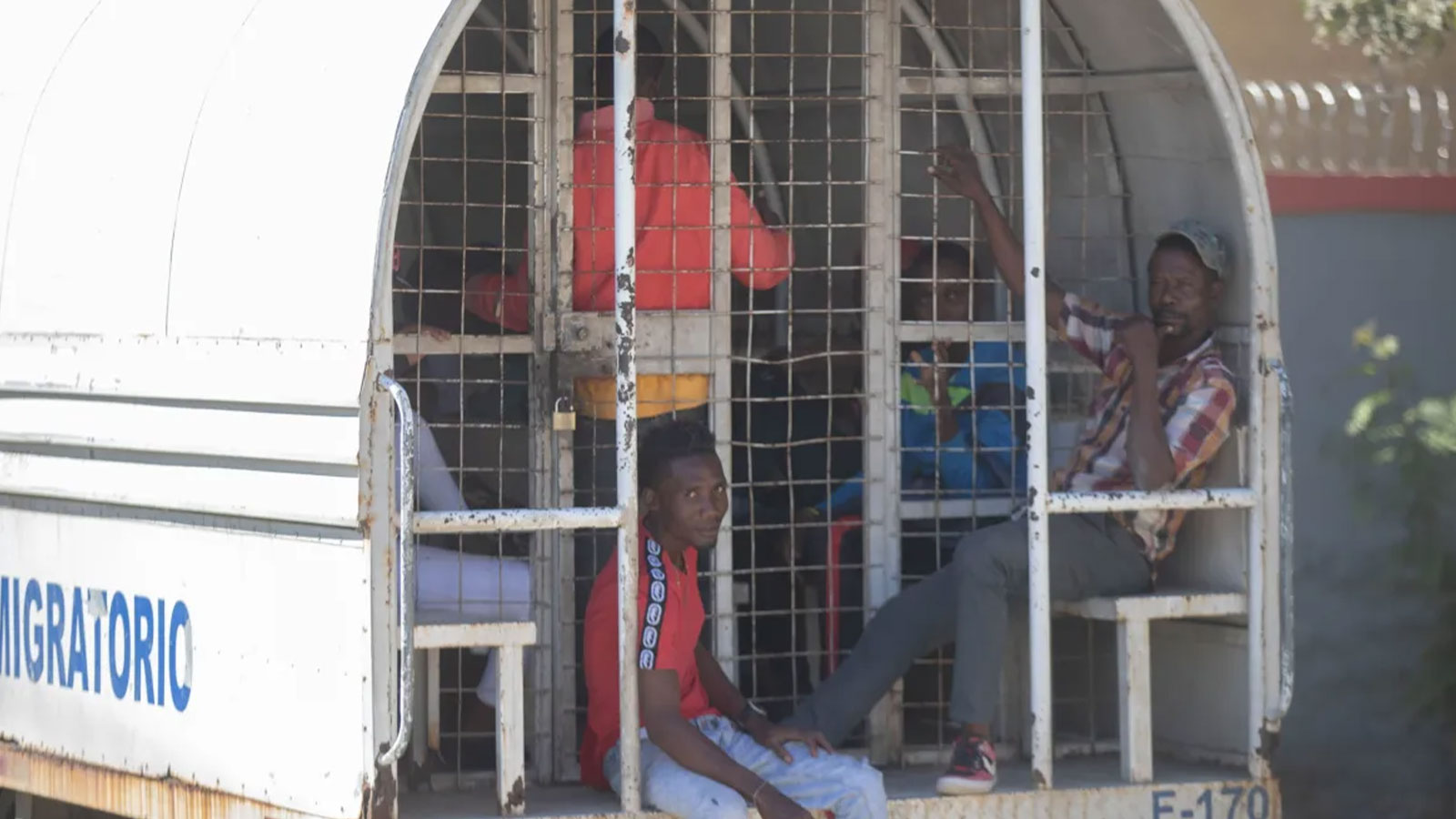Haitians anticipate increased mistreatment during Abinader’s second term, slated to end in 2028.
Haitians fighting for human rights for themselves and their compatriots in the Dominican Republic anticipate much harder times ahead after Luis Abinader, a president they accuse of being anti-Haitian, won a second term last week. Feeling helpless, some Haitians believe their only hope to avoid more suffering or as much as they did during Abinader’s first term is to garner support from the international community.
“We want to believe that during his second term, Abinader will address some issues he did not revolve during his first term,” said Ana Belique, an activist fighting for Haitians’ human rights in the Dominican Republic. “But as of now, I’m not optimistic about what we can achieve with him,” Belique added. “We alone can’t do it. Only if we can put international pressure on him, making his government hear our voices.”

Luis Abinader, President of the Dominican Republic
Although Haiti and the Dominican Republic share the same island, they have had a severely complex relationship for centuries. Abinader escalated the conflict with several decisions perceived as anti-Haitian during his first term from 2020 to 2024.
For starters, Abinader ordered massive deportations of Haitians fleeing crises, including ongoing gang violence in Port-au-Prince and surrounding cities. In 2023 alone, more than 250,000 Haitians were deported from the Dominican Republic.
In September 2023, Abinader demanded Haitians stop building an irrigation canal in Ouanaminthe, a border town in northeastern Haiti, fearing it would divert the flow of the Massacre River, which both countries share. Haitians refused, prompting Abinader to close the border completely and prohibit issuing Dominican visas to Haitians.
The Dominican president, a former economist and businessman, also banned former Prime Minister Claude Joseph and 12 gang leaders from traveling to the neighboring country in September 2022. Joseph, who frequently denounces the mistreatment of Haitians in the Dominican Republic, was likely banned due to his outspoken criticism.
As gang violence escalated in Haiti at the end of February, forcing the closure of the international airport in Port-au-Prince, Abinader also prohibited former Prime Minister Ariel Henry from entering the Dominican Republic by refusing to allow a flight carrying him to land on Dominican soil. Henry had decided to take this route, trying to return home, after being stuck abroad due to the cancellation of commercial flights amid gang attacks on the Toussaint Louverture International Airport.
“We want to believe that during his second term, Abinader will address some issues he did not revolve during his first term. But as of now, I’m not optimistic about what we can achieve with him.” — Ana Belique, Human Rights Activist in the Dominican Republic
Additionally, Abinader began building a nearly 13-foot long wall on the Dominican Republic-Haiti border in February 2022, a move many characterized as anti-Haitian.
For these reasons, many Haitians dislike Abinader. News of his re-election led them to predict that their nightmare in the Dominican Republic would intensify. Many Haitians did not want him to be re-elected.
“Based on how he [Abinader] acted, it would’ve been better if another president was elected,” said Jean Chennet Ulysse of the Ouanaminthe National Congress for a New Haiti advocacy group.
“Haiti’s diplomatic relationship with the Dominican Republic started deteriorating before Abinader, but his behavior during the canal construction was unfortunate,” Ulysse added.
Sam Guillaume, head of communications for the Support Group for Rapatriates and Refugees (GARR), foresees continued mistreatment of Haitians under Abinader’s second term and, like Belique, said the international community must step in.
“Hearing that he was re-elected means Haitian immigrants’ misery in the Dominican Republic is far from ending,” Guillaume said. “We have four more years ahead to keep fighting and sounding the alarm to the international community.”
Guillaume, Ulysse and Belique all agreed that Abinader’s decisions against Haitians were a strategy to gain more votes, a belief shared by many other Haitians.
“For a long time, Dominican presidential candidates have always had toxic rhetoric against Haiti,” Ulysse said. “Abinader’s reaction to the canal was the start of his campaign. And look at the percentage by which he won his second term.”
Abinader accumulated almost 60% percent of the votes to comfortably win his re-election.
Source: Haitian Times
Featured image: A truck carrying undocumented immigrants at Elias Piña, Dominican Republic in January 2023. Photo by Marvens Compère for The Haitian Times















